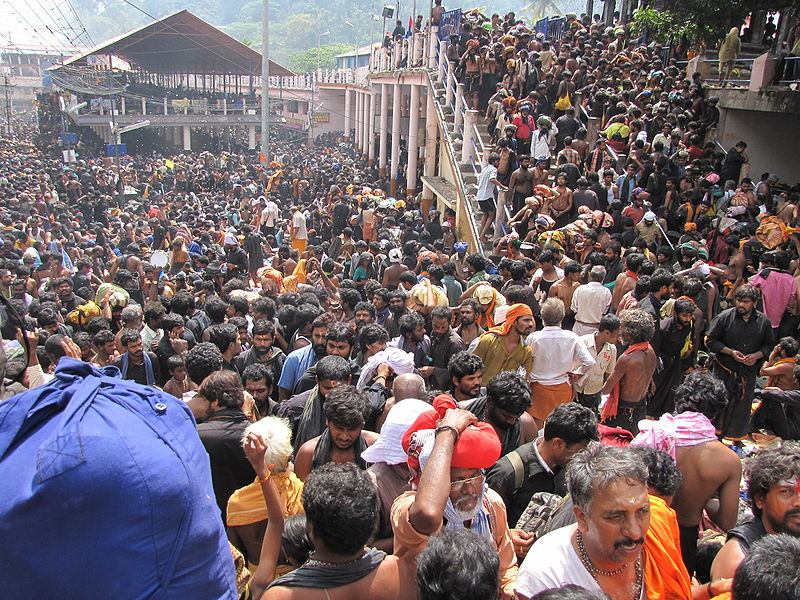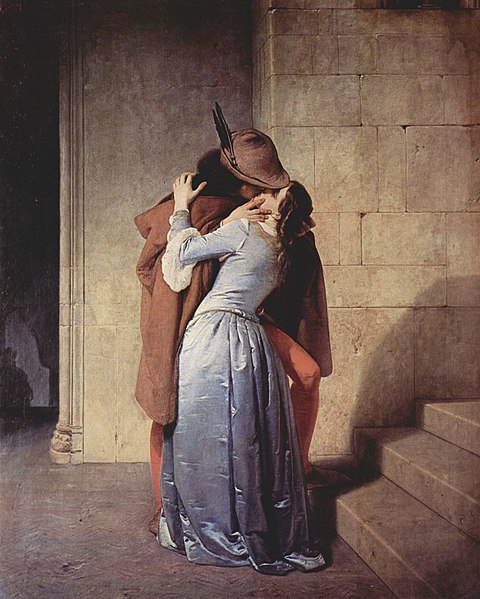Now they are going to tell us what quality time is. This is your chance. Wonderful. To register you have to send a text message. Bucks. You log on to the site. Hits. This is a Hindustan Times venture and there are other sponsors, which means you get their products and services in lieu of television.
While it is true that a lot of people have ceased to go out and prefer to watch TV, many of them also indulge in the activities mentioned. If they can. Marine Drive and Oval Maidan are open spaces; senior citizens do get together; yuppies try and spend time with their kids. Not so sure about “dinner with my masterchef”.
Just in case these concerned organisations care to know, in quite a few cities there are power cuts, so TV watching is not uninterrupted. For people with careers, this is time to clean the house, get provisions and be at home. Commuting isn’t easy in a city like Mumbai.
For all the negative points against TV, I think there can be occasions for family and friends to bond. How many spouses discuss the walk they want for or the food they ate? Now think of the conversation about soaps and news, soaps in their own right. Multiplexes have made a visit to the movies quite expensive, so when films barely a couple of months old are telecast, it is a boon for them. Sports that were inaccessible are now on air. These things do create cult figures and covert advertising does push the viewers towards consumerism. But, you cannot walk down a road today and not meet blinking neon lights or encounter someone hawking something, sometimes even themselves – whether it is a helpless person or one on the make, whether it is poverty or glitz.
I watch TV everyday, but that is not all that I do. And there are many like me.
Just imagine if on this grand occasion of ‘No TV Day’ some channel decides to go to town shooting people at random doing what they always do and flaunting it as a success of this bold initiative. And we get to watch it live! Anything can happen.
Anyway, what’s this token one day going to achieve? People will return to their remotes and start surfing. There just aren’t enough waves in the sea.
While it is true that a lot of people have ceased to go out and prefer to watch TV, many of them also indulge in the activities mentioned. If they can. Marine Drive and Oval Maidan are open spaces; senior citizens do get together; yuppies try and spend time with their kids. Not so sure about “dinner with my masterchef”.
Just in case these concerned organisations care to know, in quite a few cities there are power cuts, so TV watching is not uninterrupted. For people with careers, this is time to clean the house, get provisions and be at home. Commuting isn’t easy in a city like Mumbai.
For all the negative points against TV, I think there can be occasions for family and friends to bond. How many spouses discuss the walk they want for or the food they ate? Now think of the conversation about soaps and news, soaps in their own right. Multiplexes have made a visit to the movies quite expensive, so when films barely a couple of months old are telecast, it is a boon for them. Sports that were inaccessible are now on air. These things do create cult figures and covert advertising does push the viewers towards consumerism. But, you cannot walk down a road today and not meet blinking neon lights or encounter someone hawking something, sometimes even themselves – whether it is a helpless person or one on the make, whether it is poverty or glitz.
I watch TV everyday, but that is not all that I do. And there are many like me.
Just imagine if on this grand occasion of ‘No TV Day’ some channel decides to go to town shooting people at random doing what they always do and flaunting it as a success of this bold initiative. And we get to watch it live! Anything can happen.
Anyway, what’s this token one day going to achieve? People will return to their remotes and start surfing. There just aren’t enough waves in the sea.









